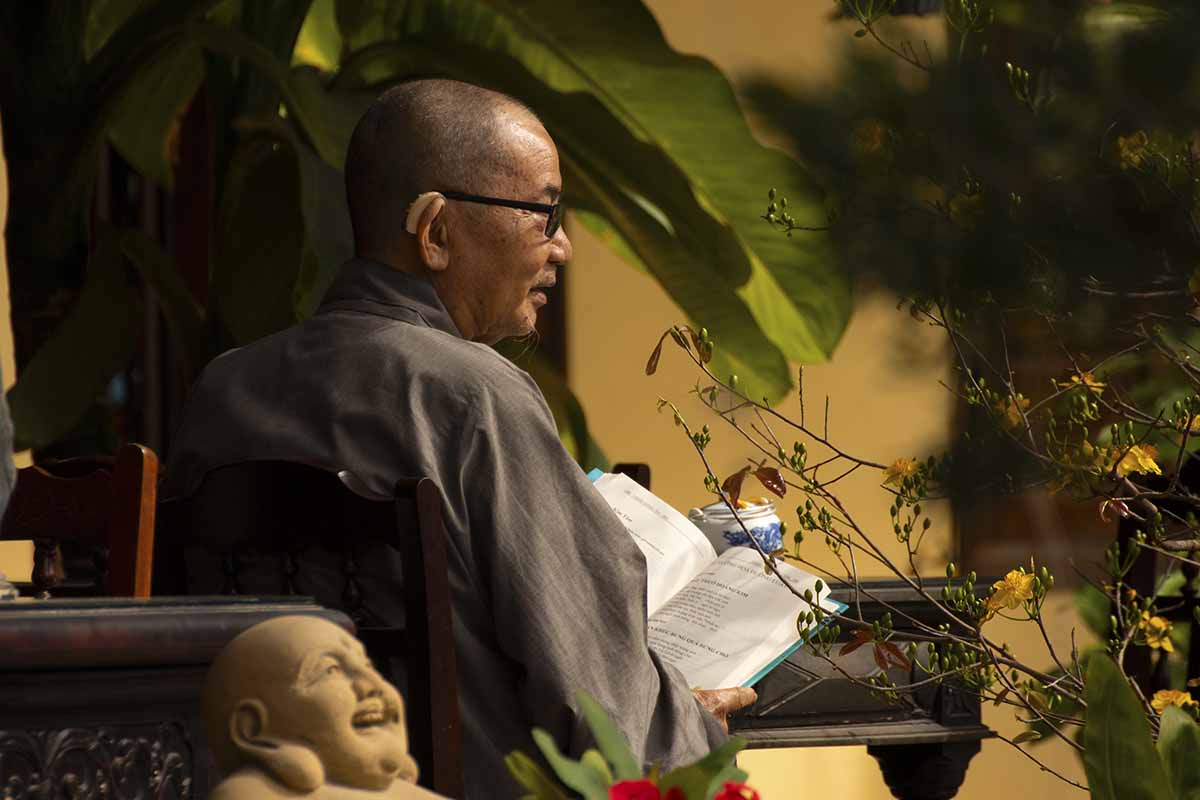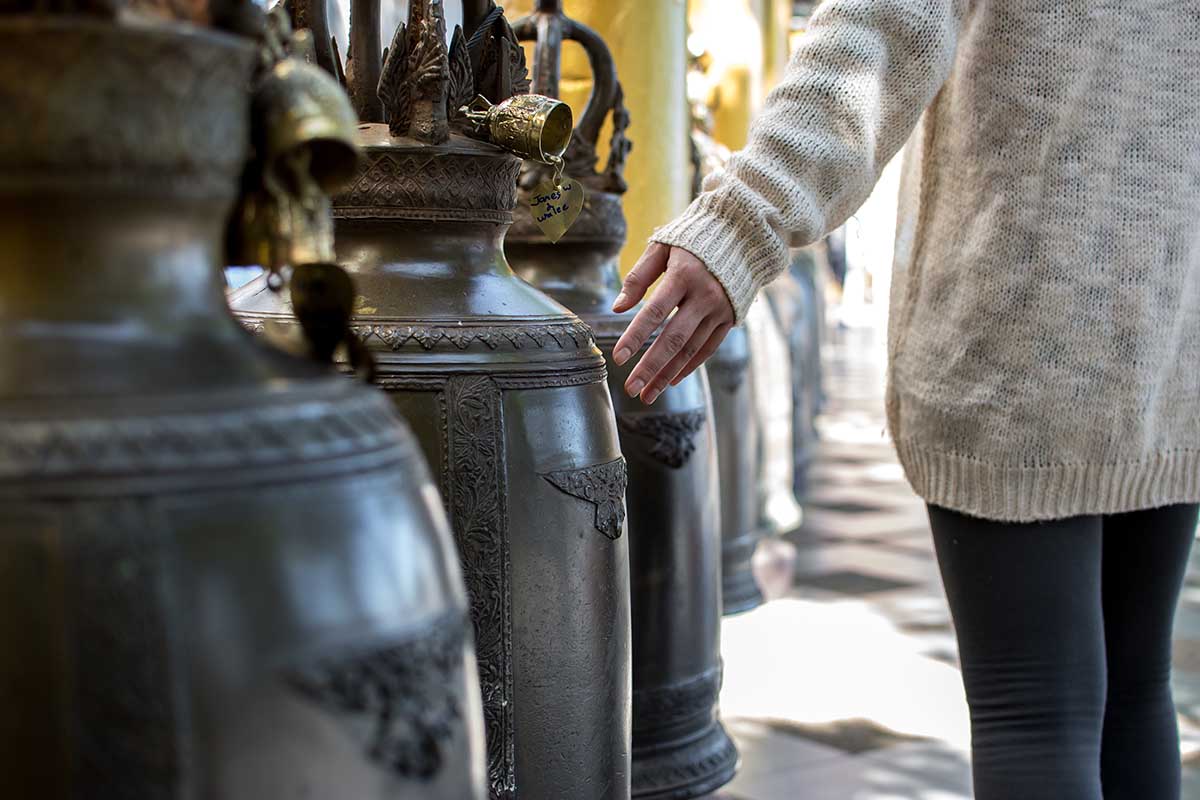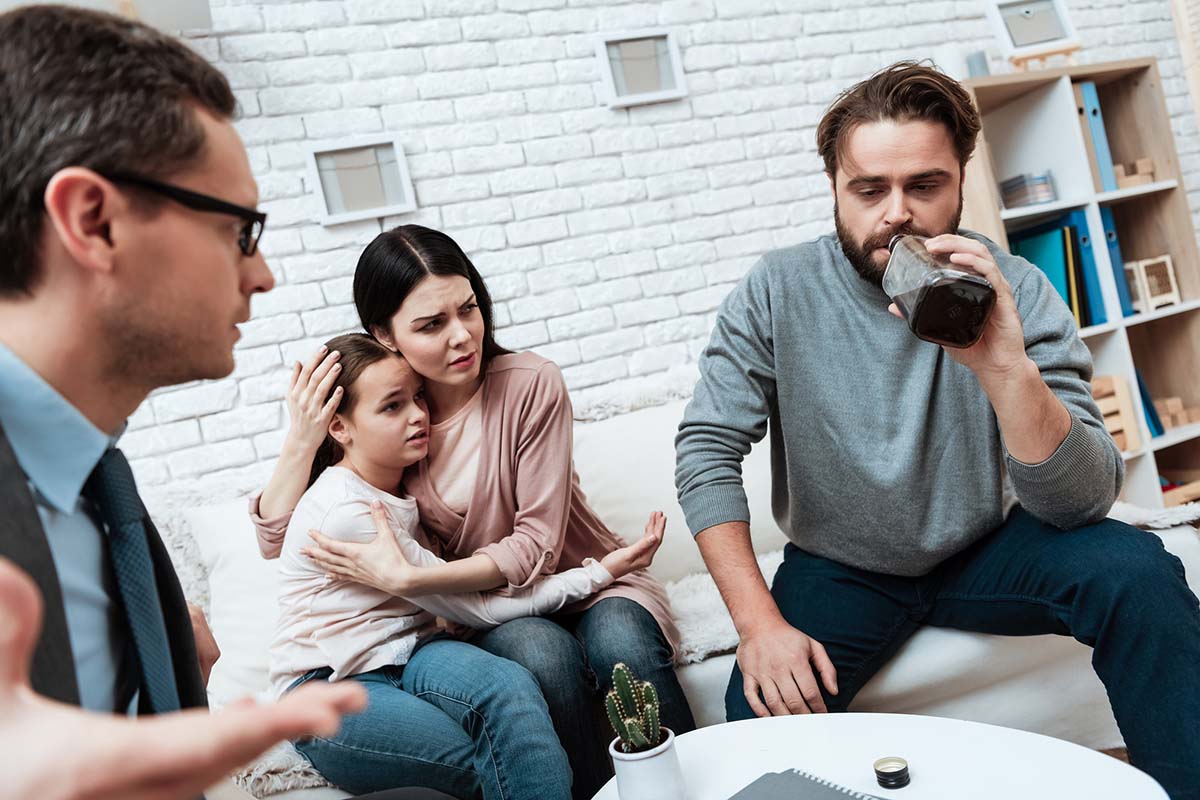Buddhist Funeral Traditions
Key Points
- Core Values Drive Buddhist Funerals: Compassion, mindfulness, and belief in rebirth shape rituals, emphasizing spiritual growth over mourning.
- Key Traditions and Respect: Rituals include chanting, offerings, meditation, and modest attire, reflecting impermanence and honoring the deceased.
- Universal Yet Adaptable: Buddhist funerals adapt to local customs while maintaining core principles, uniting spiritual reflection and cultural diversity.
Whether you’re planning a Buddhist funeral or attending one for the first time, understanding the customs can make a big difference in how you connect with the experience.
Let’s explore the key elements, traditions, and values behind these ceremonies, so you can approach them with respect and confidence.
What Makes Buddhist Funerals Unique?
Buddhist funeral practices are deeply rooted in the religion’s core values of compassion, mindfulness, and the belief in rebirth.
Unlike many other traditions, the focus isn’t solely on mourning—it’s about reflecting on impermanence, honouring the deceased, and supporting their journey to a better rebirth.
Have you ever thought about how different cultures handle loss?
In Buddhism, death is seen not as an end but as part of a cycle. This perspective shapes the funeral process, turning it into an opportunity for spiritual growth.
Core Beliefs Guiding Buddhist Funerals
To truly appreciate the rituals, it helps to understand the core beliefs that shape them. Here’s what lies at the heart of Buddhist funerals:
- Impermanence (Anicca): Everything in life is transient, including death. This belief encourages acceptance and detachment.
- Karma: Actions in this life affect future rebirths. Funeral rites aim to generate good karma for the deceased.
- Rebirth (Samsara): Death leads to rebirth, and the rituals help guide the soul toward a better existence.
These principles remind mourners that death isn’t something to fear but a chance to reflect on the life lived and support the deceased’s spiritual journey.
What Happens at a Buddhist Funeral?
Buddhist funeral services vary depending on the country, sect, and family preferences, but some common elements run through them all.
Pre-Funeral Traditions
In many Buddhist traditions, the body is washed and dressed shortly after death.
This step isn’t just practical—it’s a way of showing respect for the deceased.
Often, the body is dressed in simple, modest clothing, sometimes in white, which symbolizes mourning and purity.
In some cases, a small altar may be set up near the body, featuring candles, incense, flowers, and an image of the Buddha.
Did you know it’s common for Buddhist families to invite monks to chant during this time?
These chants, called sutras, are believed to guide the deceased’s soul and bring peace to the grieving.
The Funeral Service
Buddhist funerals are typically simple and focused on spiritual elements.
The service often takes place at a temple, funeral home, or family home. Here’s what you might expect:
- Chanting and Prayers: Monks or spiritual leaders may lead chants and prayers, often in Pali or Sanskrit. These are meant to comfort mourners and generate positive energy for the deceased.
- Eulogies and Reflections: Family members or friends may share stories and reflections on the deceased’s life, focusing on their virtues and the good karma they’ve accumulated.
- Offerings: It’s common to see offerings of incense, candles, and food placed on an altar. These symbolize gratitude and respect for the deceased.
- Meditation: Some services include a moment of silent meditation, giving everyone time to reflect on impermanence and show mindfulness.
Funeral attire is usually modest and subdued, with many mourners wearing white or black.
If you’re attending, dressing conservatively is always a good choice.
Cremation or Burial?
While cremation is common in Buddhist funerals, it’s not mandatory.
The decision often depends on local customs and family preferences.
Regardless of the method, the focus is on helping the soul transition to its next life
In some traditions, ashes may be scattered in a meaningful location, like a river or mountain, symbolizing the return to nature.
How Can You Show Respect?
Attending a Buddhist funeral for the first time can feel overwhelming, but showing respect is straightforward if you follow a few guidelines:
- Be mindful of silence: Buddhist funerals are often calm and reflective. Keep your voice low and avoid unnecessary chatter.
- Remove your shoes: In many Buddhist ceremonies, it’s customary to remove shoes before entering sacred spaces.
- Bring a modest offering: While not always required, bringing flowers, fruit, or a simple donation is a kind gesture.
- Follow the lead of others: If you’re unsure about what to do, observe and follow the actions of those around you.
Why Are Buddhist Funerals So Meaningful?
What makes Buddhist funerals stand out is their emphasis on spiritual growth—not just for the deceased but for everyone involved.
These ceremonies provide a moment to pause, reflect on life’s impermanence, and focus on compassion. It’s a shared experience that can bring comfort and insight during a difficult time.
For the deceased, the rituals aim to create good karma and help them transition peacefully into their next life.
For the living, it’s a chance to practice mindfulness and remember what truly matters.
Have you ever noticed how moments of reflection like these can bring clarity?
A Global Perspective on Buddhist Funerals
While the core principles remain the same, Buddhist funeral traditions vary widely across cultures. For example:
- In Tibet, the sky burial is a unique practice where the body is left on a mountaintop to decompose naturally, symbolizing the return to nature.
- In Japan, Buddhist funerals often include elaborate rituals and memorial services held over many years.
- In Thailand, monks play a central role, and cremation ceremonies are often vibrant, with colourful decorations and music.
These variations highlight the adaptability of Buddhist traditions, which honour both universal values and local customs.
Why Understanding Matters
Whether you’re attending a Buddhist funeral or simply learning out of curiosity, understanding these traditions fosters respect and connection.
Funerals are deeply personal, but they’re also universal in their ability to bring people together.
By learning about Buddhist practices, you not only support the grieving family but also gain insights into a culture that views life and death through a deeply spiritual lens.
Final Thoughts on Embracing the Tradition
If you’re planning or attending a Buddhist funeral, approaching it with understanding and openness can make the experience deeply meaningful.
After all, these ceremonies are as much about the living as they are about the departed. Respect, kindness, and mindfulness go a long way in embracing these beautiful traditions.





















